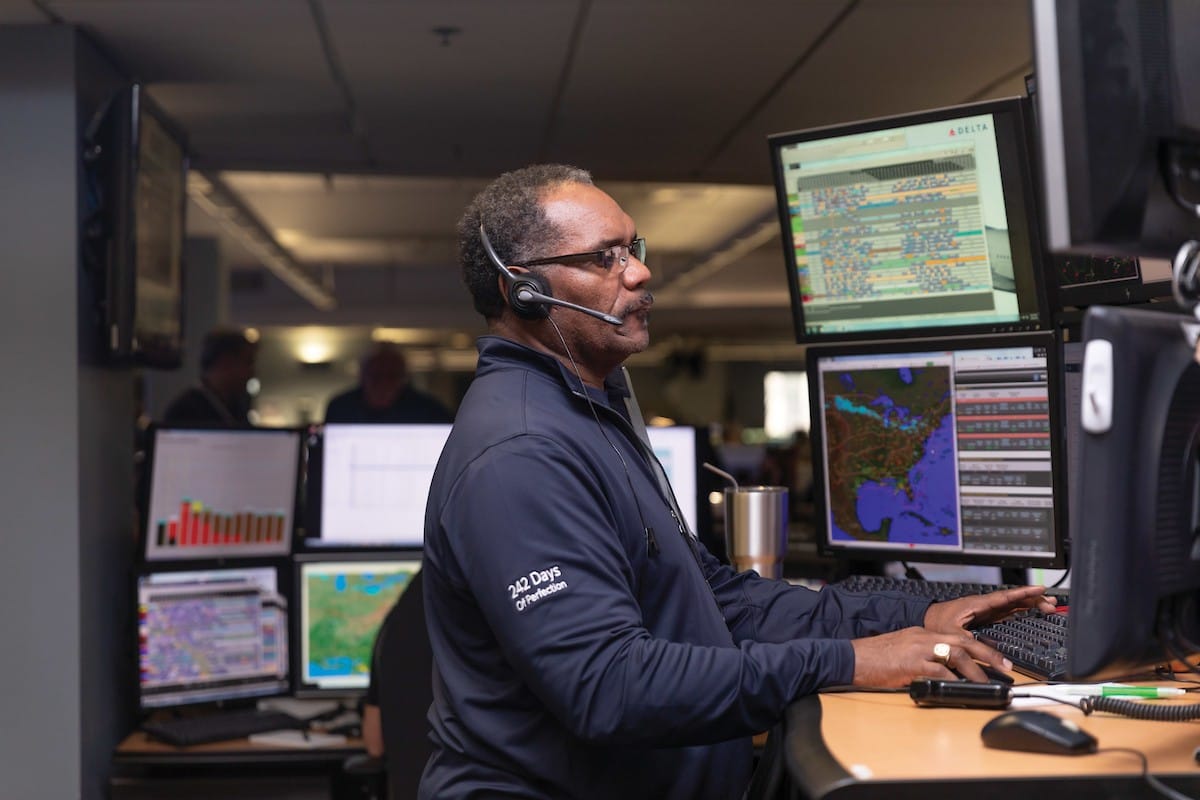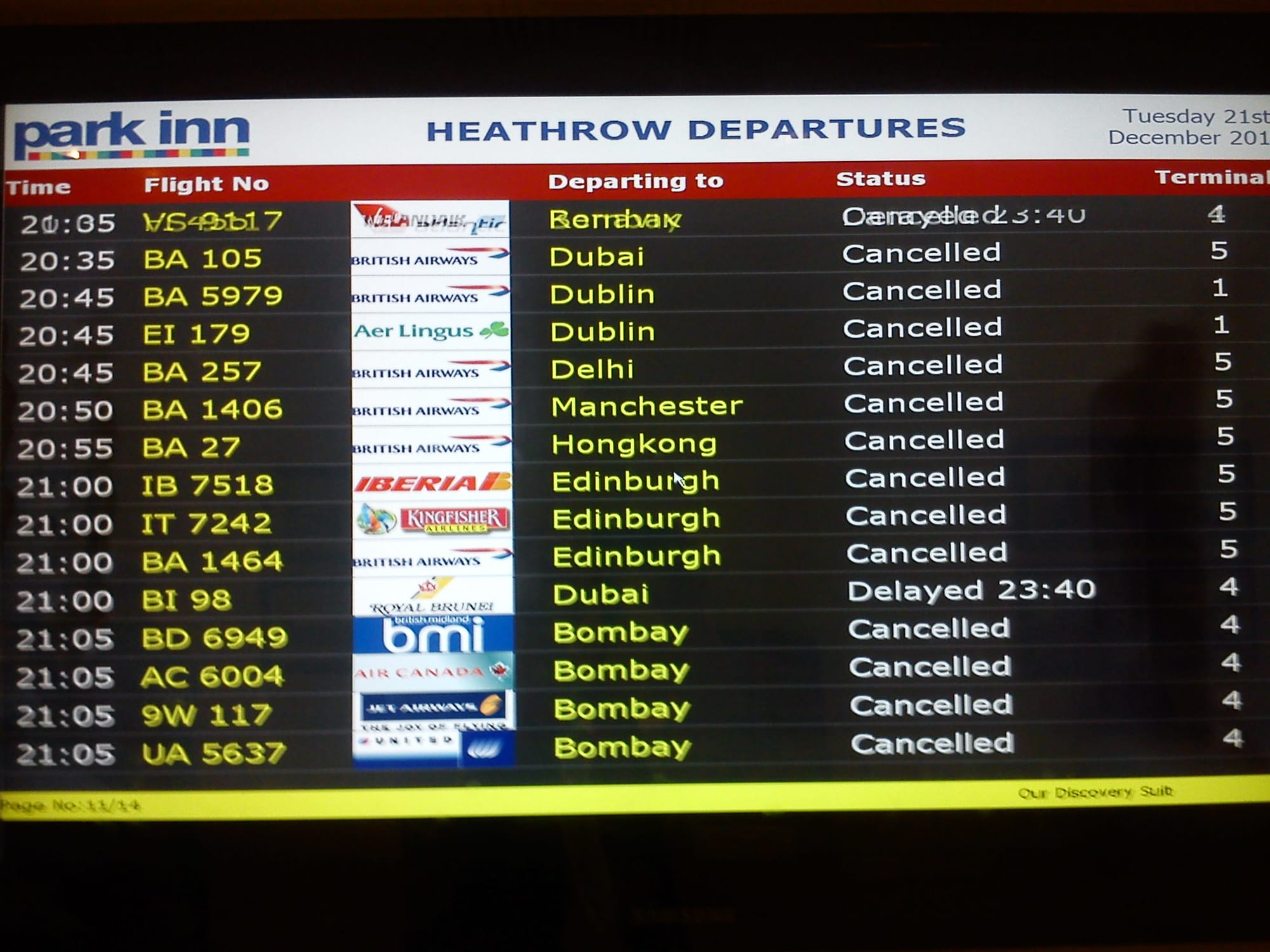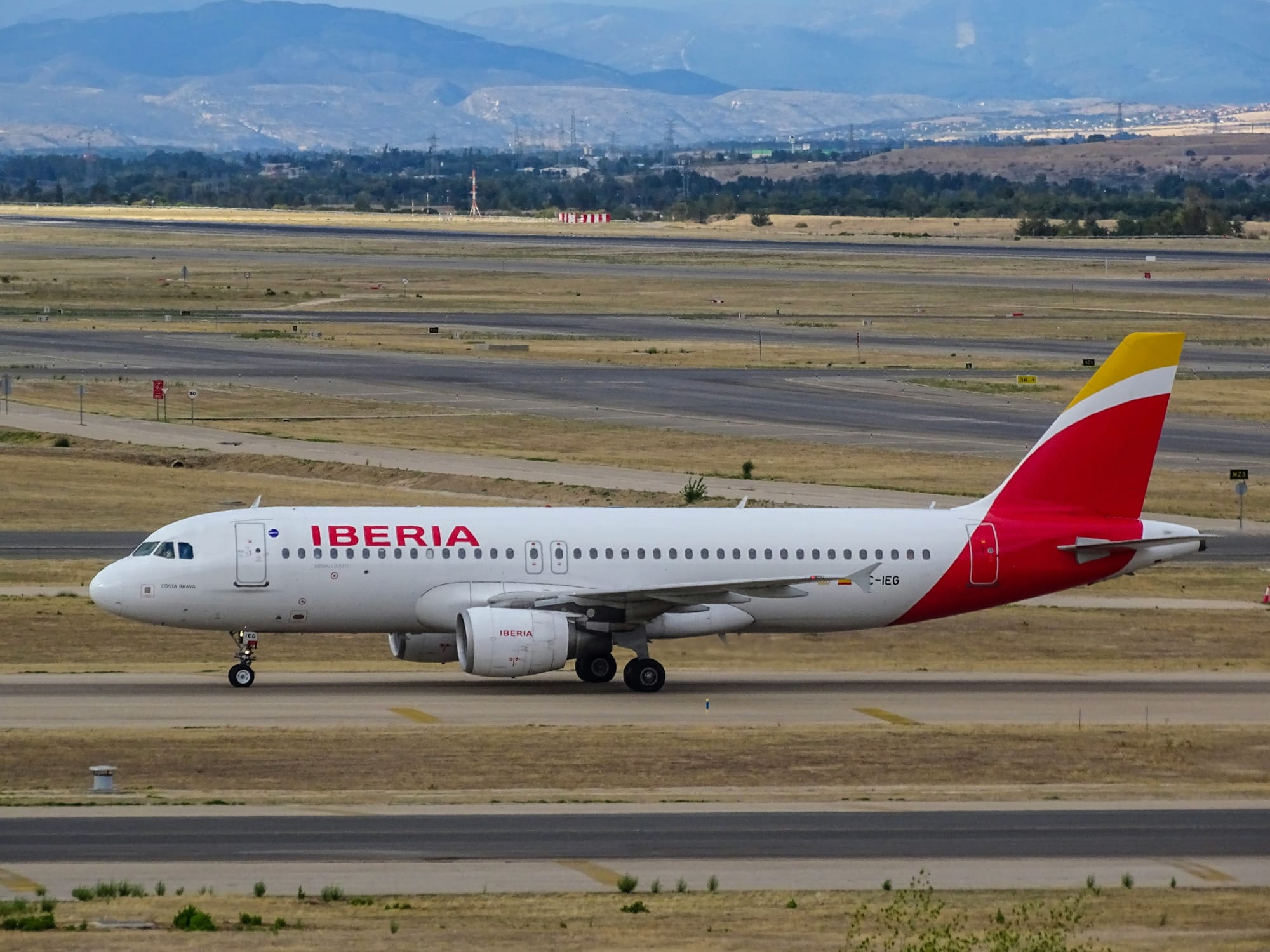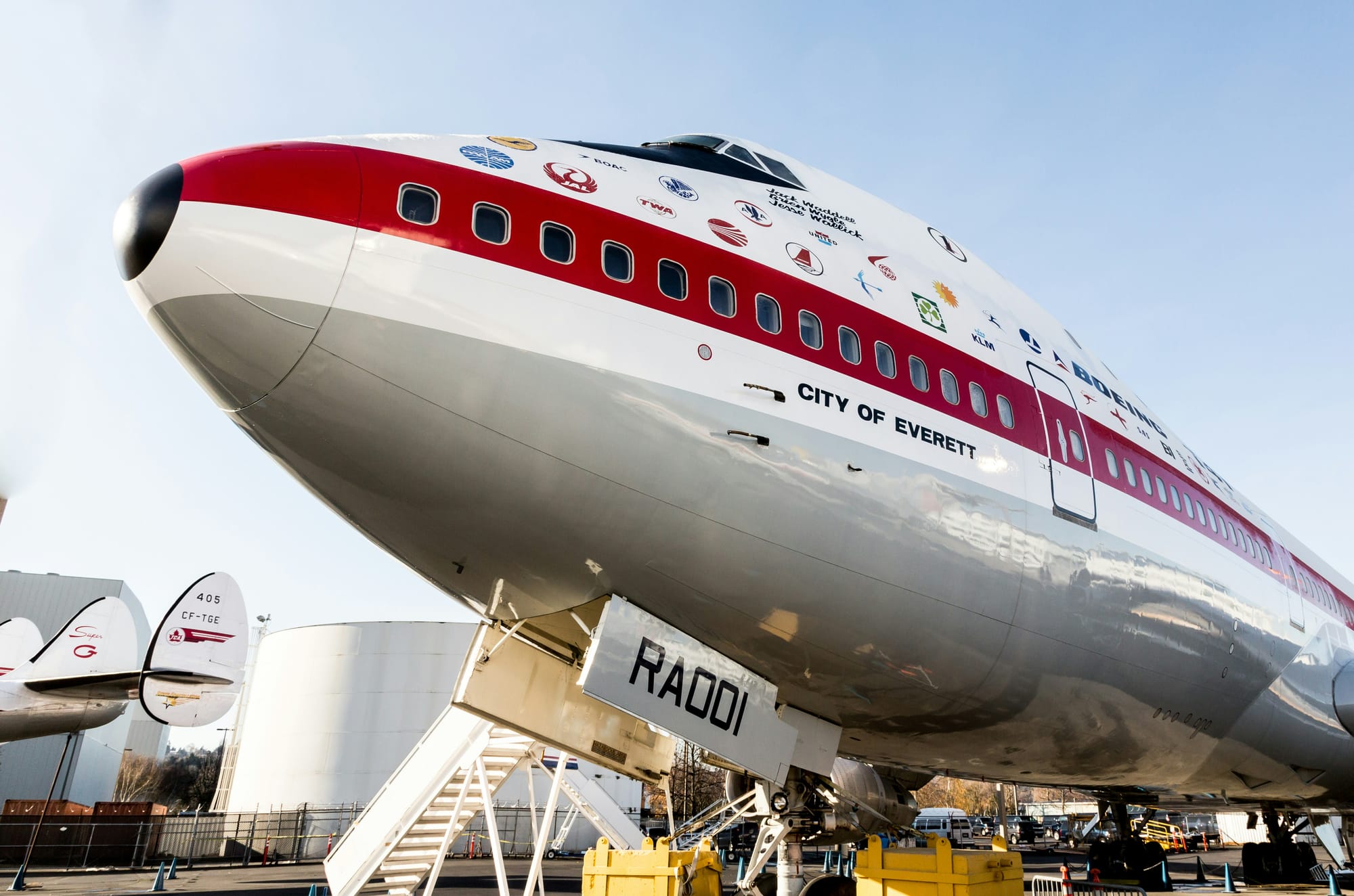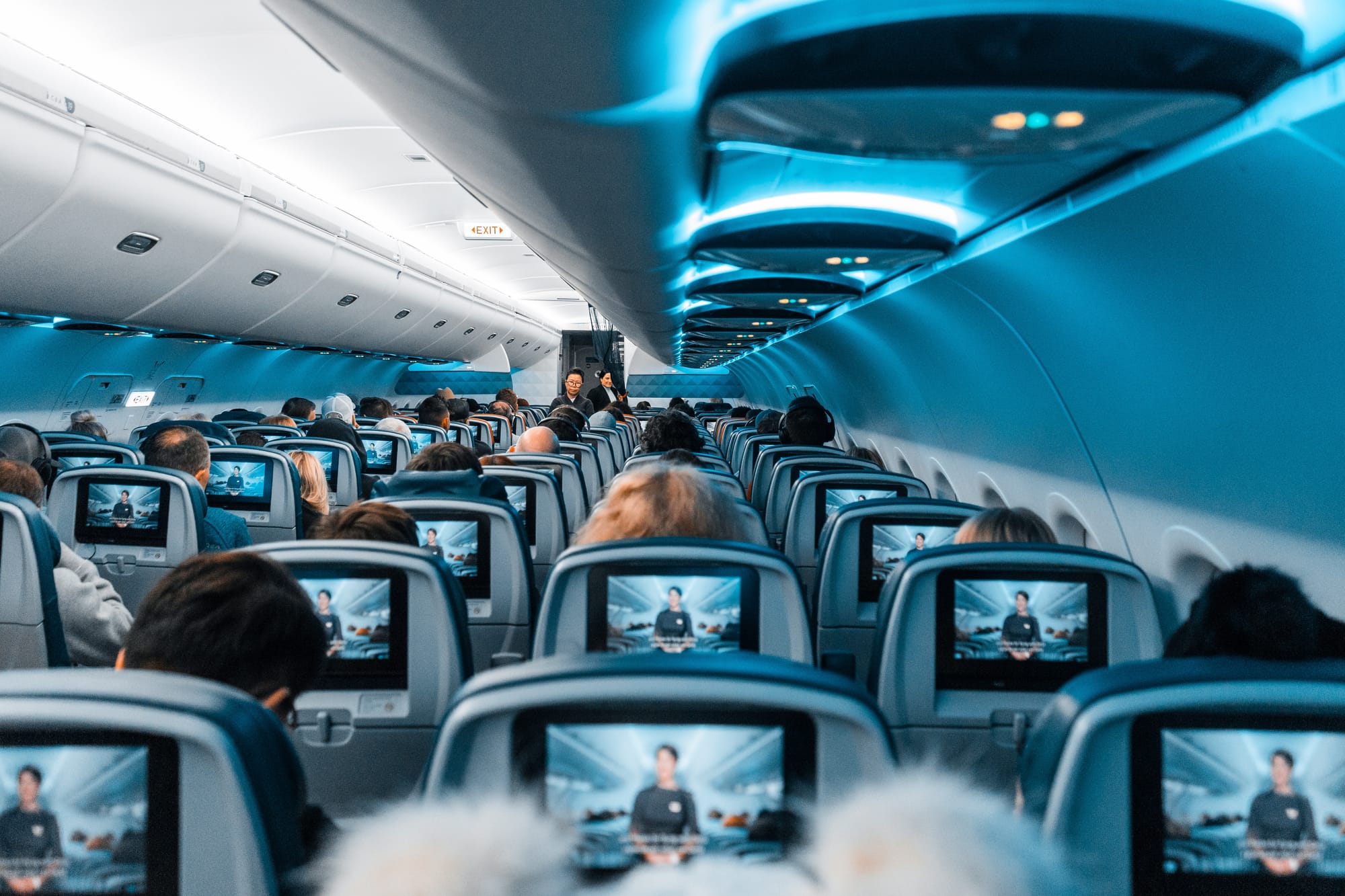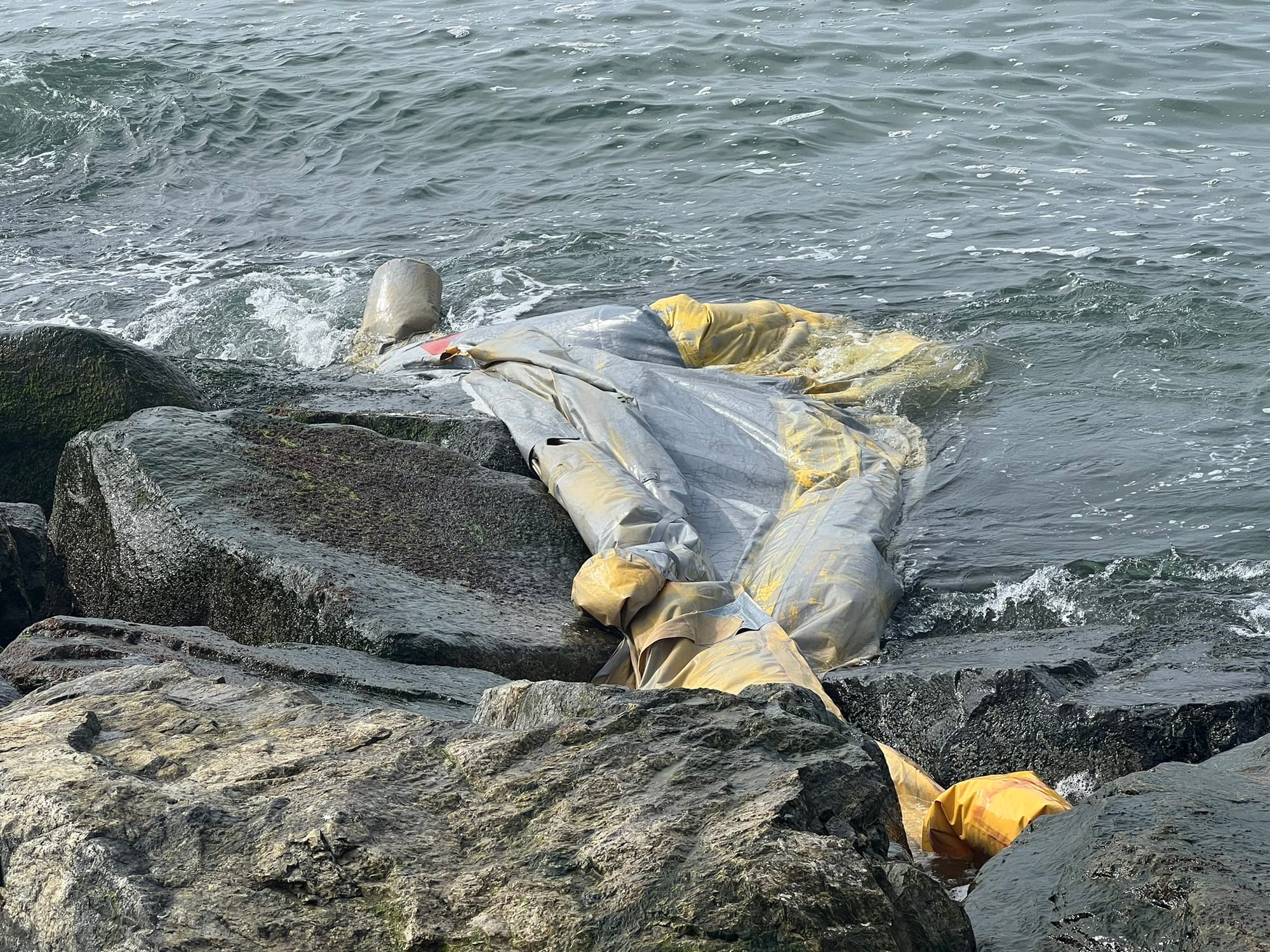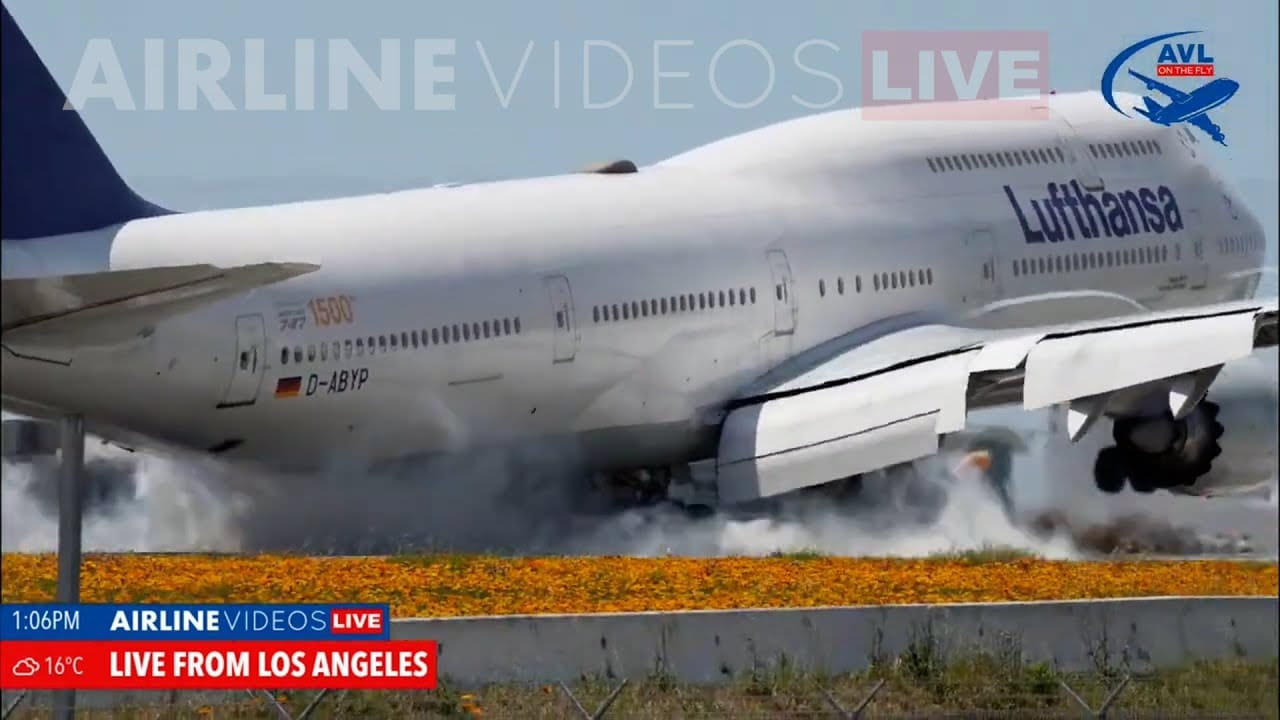Have you ever wondered about the complex choreography that orchestrates every seamless flight you take? While pilots get the lion's share of the credit, there's another critical player behind the scenes, silently ensuring your journey's safety and efficiency: the flight dispatcher.
Who is a Flight Dispatcher?
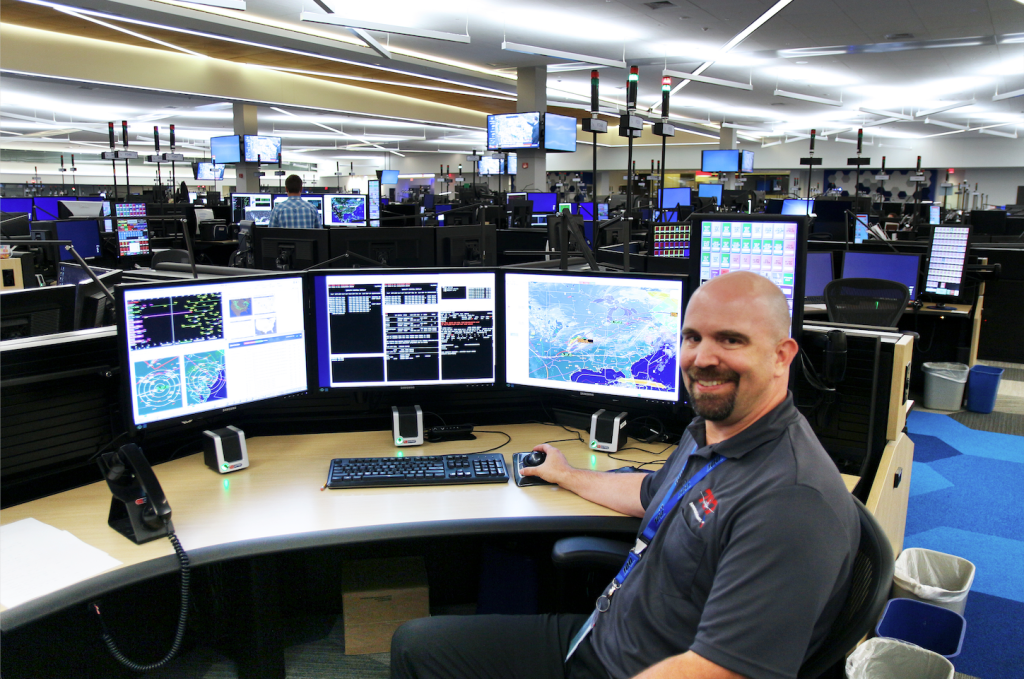
Flight dispatchers are the brains of the airline operation. They are licensed professionals responsible for planning, monitoring, and optimizing every aspect of a flight, from takeoff to landing. Think of them as air traffic controllers for individual airlines, overseeing the safety and logistics of every aircraft under their watch.
What Does a Flight Dispatcher Do?
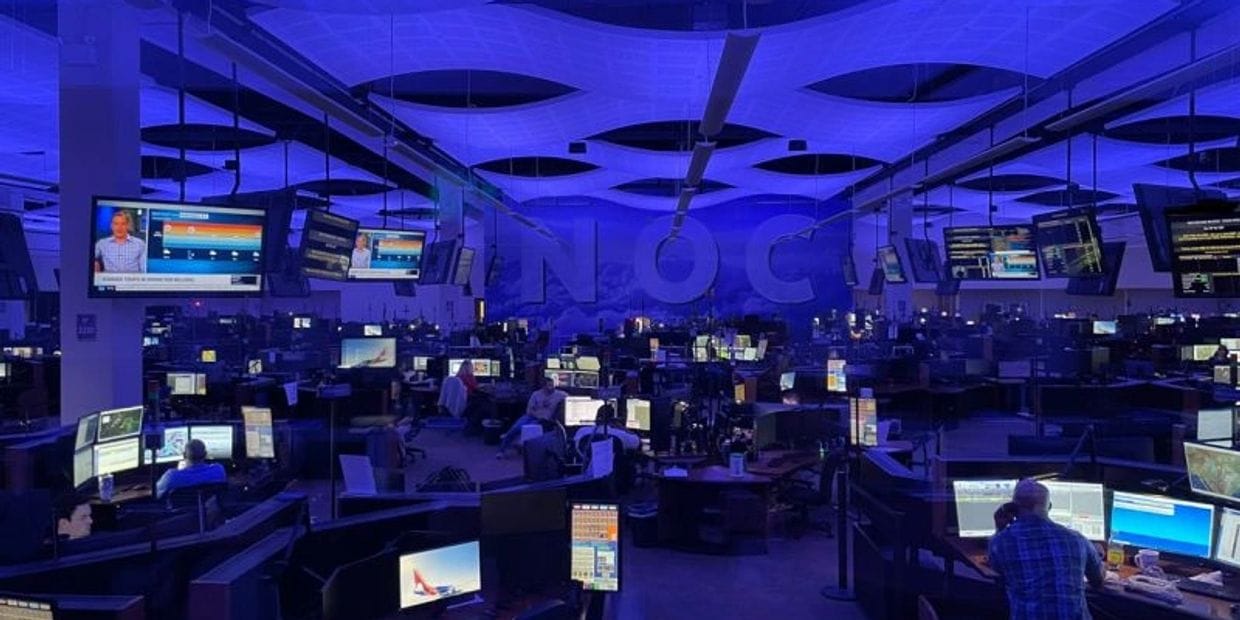
Their duties are as diverse as they are crucial:
- Flight Planning: Before each flight, dispatchers meticulously chart the course, considering factors like weather conditions, air traffic, fuel requirements, and airspace restrictions. They choose the optimal route, taking into account wind patterns, fuel efficiency, and passenger comfort.
- Weather Monitoring: A keen eye on the ever-changing sky is essential. Dispatchers constantly monitor weather reports, analyzing potential hazards like thunderstorms, turbulence, or icing. They provide real-time updates to pilots and may reroute flights to avoid dangerous conditions.
- Aircraft Performance: Every aircraft has its own quirks and limitations. Dispatchers understand these intricacies, calculating factors like load weight, fuel burn, and takeoff/landing performance to ensure safe operation within the aircraft's capabilities.
- Communication and Coordination: Dispatchers are the vital link between pilots, ground crew, air traffic control, and airline management. They relay crucial information, coordinate logistics, and make critical decisions during unexpected situations.
- Emergency Response: Should any inflight issues arise, dispatchers become a pilot's lifeline. They analyze the situation, provide expert guidance, and assist in finding the safest course of action, be it an emergency landing or diversion to another airport.
The Skills of a Flight Dispatcher
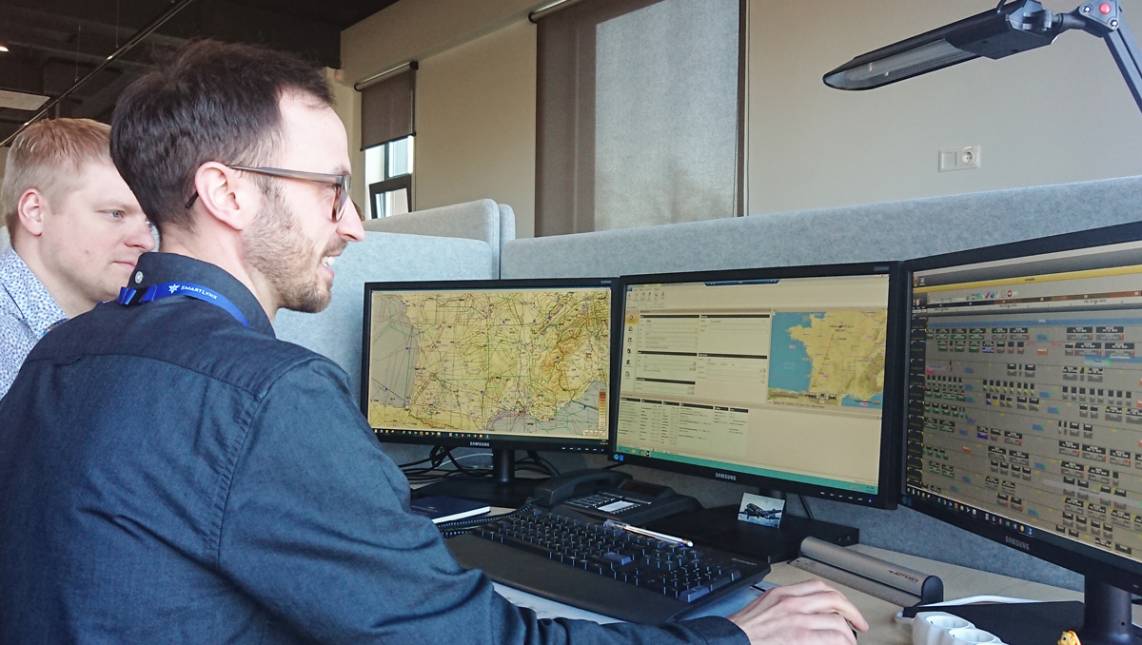
These unsung heroes possess a unique blend of technical knowledge, analytical skills, and decision-making prowess. They require:
- Aviation expertise: In-depth understanding of aircraft performance, meteorology, navigation, and air traffic control procedures.
- Problem-solving skills: The ability to think critically and adapt to constantly changing situations.
- Strong communication: Clear and concise communication with pilots, crew, and other stakeholders is paramount.
- Multitasking ability: Juggling multiple flights simultaneously while maintaining focus and composure under pressure.
- Stress management: The fast-paced and demanding nature of the job requires exceptional stress management skills.
Becoming a Flight Dispatcher
Flight dispatchers typically do not need a college degree to get their dispatching certificate. At minimum they need to have completed training at an accredited training facility in order to meet the qualifications of a dispatcher.
However once they have their certificate they must meet their individual airlines' training standards and complete multiple assessments and on the job training before becoming certified.
Most airlines don't just look at educational experience, instead they look at on the job experience and value how long the dispatcher has be in their role. Dispatching at its core is about experience and knowledge about how to handle situations and are the most valuable thing that a dispatcher can have.
The Rewards of Being a Flight Dispatcher

While the job demands unwavering dedication and focus, the rewards are equally significant:
- Job satisfaction: Knowing you play a vital role in ensuring the safety and well-being of hundreds of passengers every day is immensely rewarding.
- Dynamic work environment: No two days are ever the same, keeping the job challenging and engaging.
- High earning potential: Experienced dispatchers command respectable salaries and excellent benefits.
- Travel opportunities: Depending on the airline, dispatchers may get to travel to different destinations as part of their training or professional development.
So, the next time you board a plane, remember the silent heroes behind the scenes – the flight dispatchers, diligently working to ensure your journey is safe, efficient, and as smooth as the clear blue skies above.
Additional Facts
- Flight dispatcher unions: Dispatchers are often represented by unions that advocate for fair wages, working conditions, and safety standards.
- Technology in dispatching: Advanced software and automation tools are increasingly used to assist dispatchers, but the human element of decision-making and judgment remains irreplaceable.
- Future of dispatching: As the aviation industry evolves, the role of the flight dispatcher is likely to adapt and integrate with new technologies like artificial intelligence and unmanned aerial vehicles.
I hope this article has shed light on the fascinating and critical role of flight dispatchers in the aviation industry. Remember, the next time you take to the skies, take a moment to appreciate the unseen heroes who ensure your journey is a safe and pleasant one.

